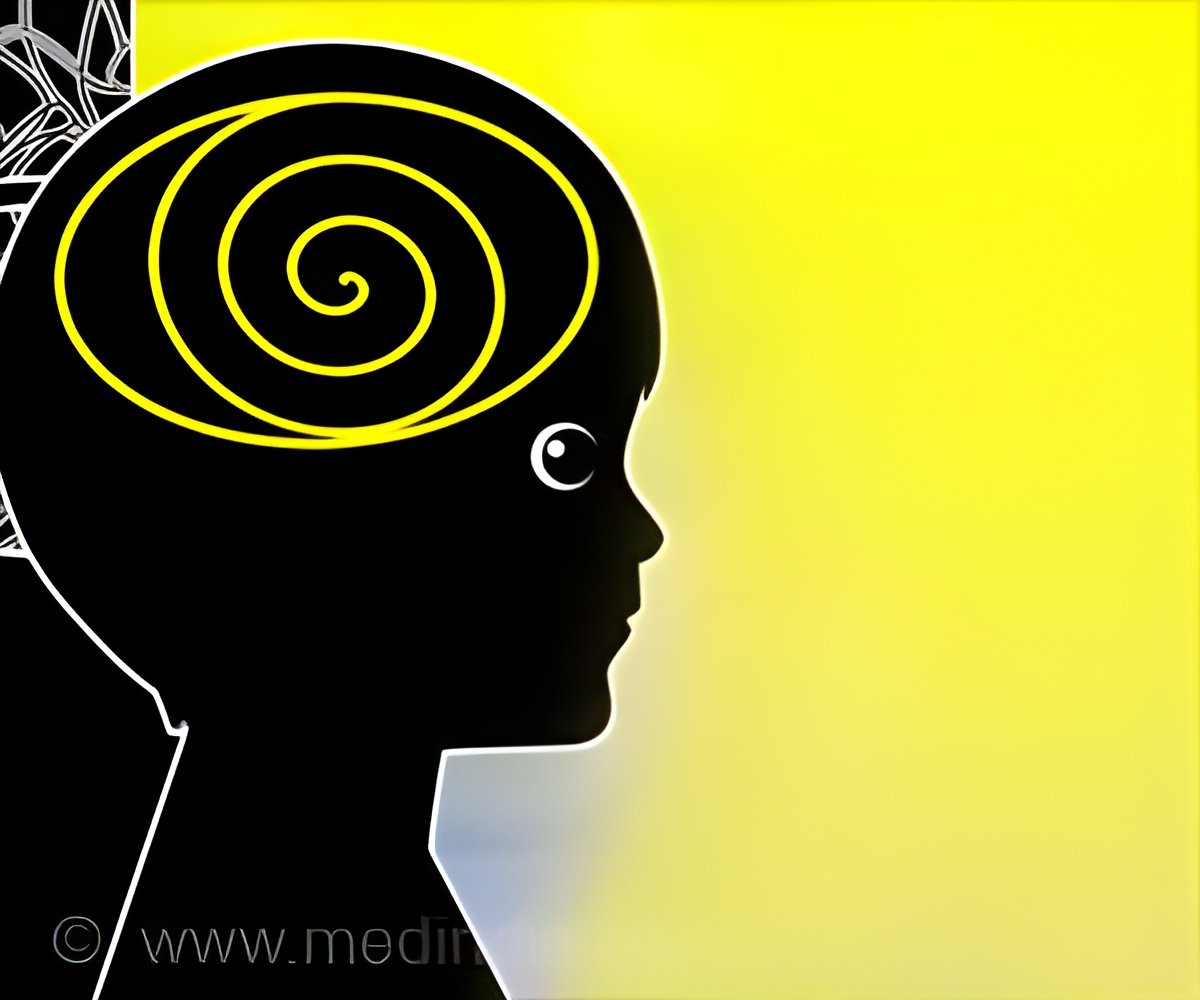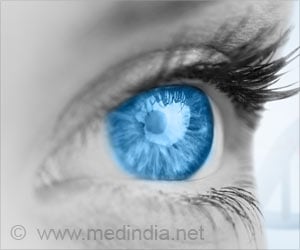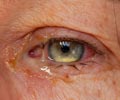Following the loss of vision, other senses become gradually more sensitive: tactile and hearing acuity and one's sense of smell all improve.

Mirko Feldmann, Daniela Beckmann, Professor Ulf Eysel and Professor Denise Manahan-Vaughan from the Department of Neurophysiology conducted the study.
Other senses sharpen after loss of vision
Following the loss of vision, other senses become gradually more sensitive: tactile and hearing acuity and one's sense of smell all improve, enabling a blind individual to use these senses to navigate accurately through the environment, despite a lack of visual input. But this process takes time and practice. The associated changes in the brain are facilitated by synaptic plasticity, a process that enables experience-dependent adaptation, learning and memory. One clue as to whether reorganizational adaptation is taking place in the brain is obtained by analysing the density and distribution of neurotransmitters that are crucial for synaptic plasticity.
Adaptation requires major effort from the brain
They examined the density of neurotransmitter receptors after the emergence of blindness and compared the results with the brains of healthy mice. In addition, they tested how well the blind mice performed in spatial recognition tests, in order to examine the animals' memory.
Advertisement
"After blindness occurs, the brain tries to compensate for the loss by ramping up its sensitivity to the missing visual signals," explains Denise Manahan-Vaughan, who led the study. When this fails to work, the other sensory modalities begin to adapt and increase their acuities. "Our study shows that this process of reorganisation is supported by extensive changes in the expression and function of key neurotransmitter receptors in the brain. This is a major undertaking, during which time the hippocampus' ability to store spatial experiences is hampered," says Manahan-Vaughan.
Advertisement















